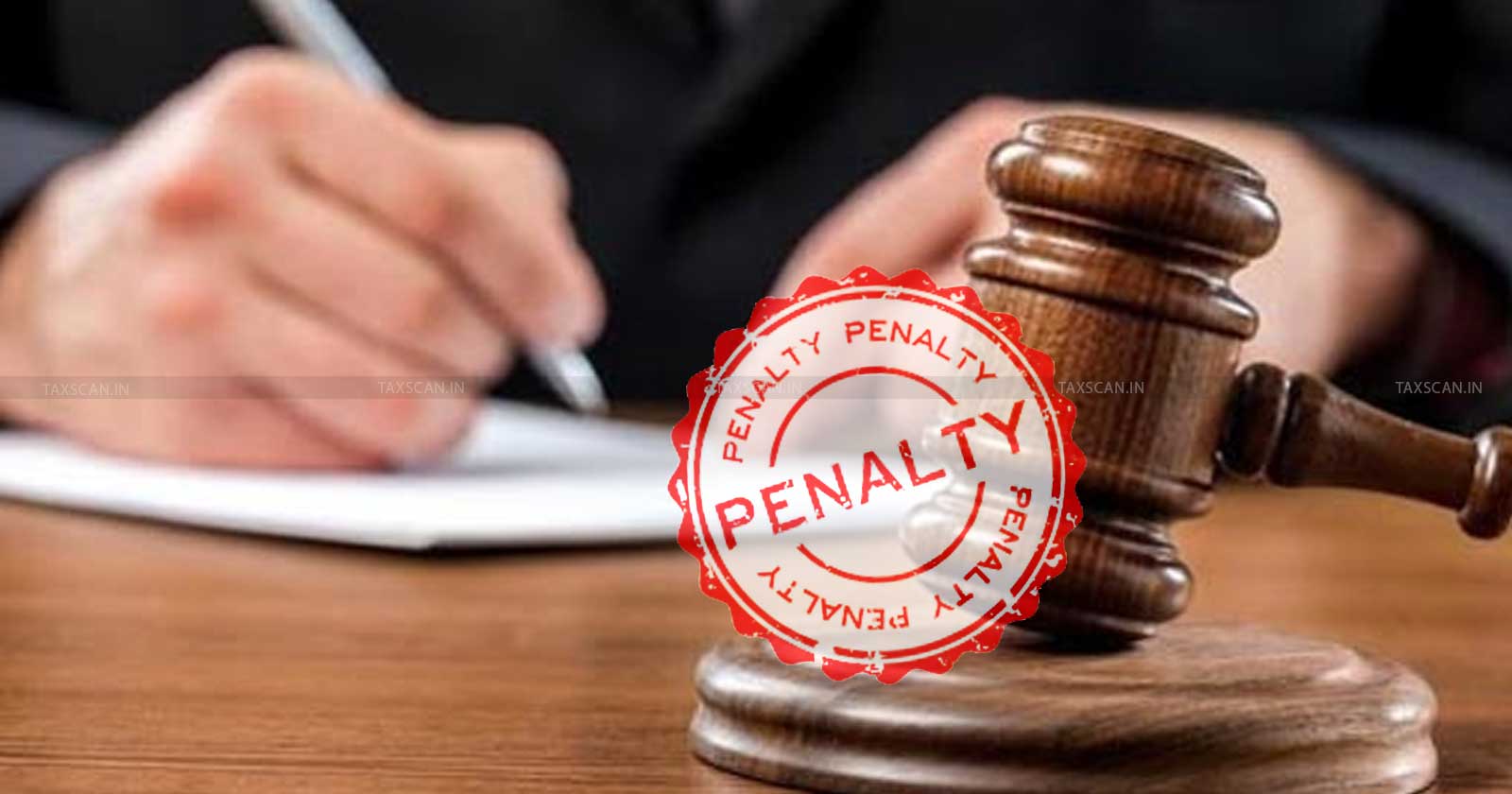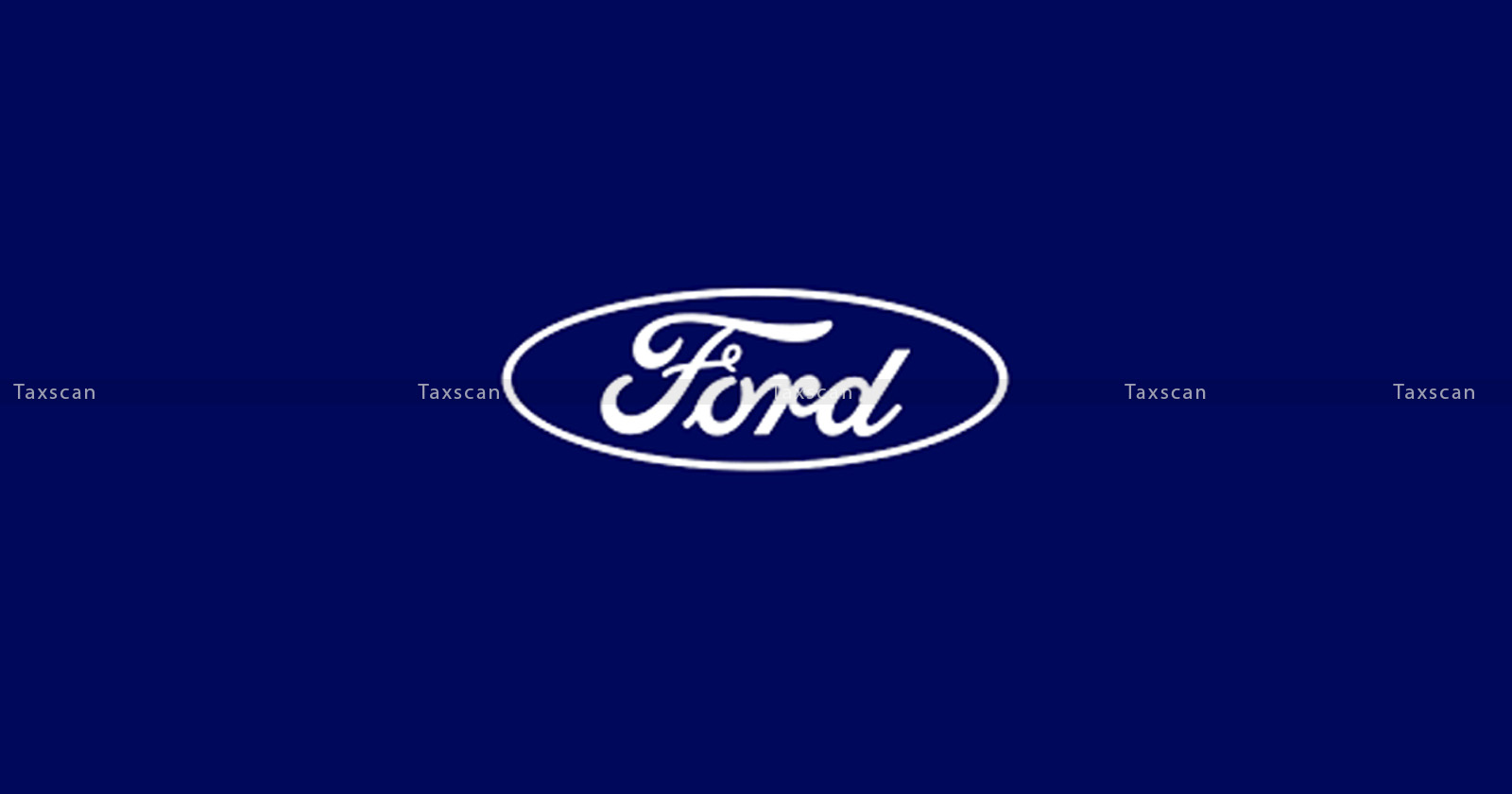Revenue cannot ‘Negatively Block’ Tax beyond Extent of GST ITC available in E-Ledger: Supreme Court declines to Interfere with Delhi HC Ruling [Read Order]
The Supreme Court identified that the case made out by the Revenue did not warrant exercise of its jurisdiction under Article 136 of the Constitution of India.
![Revenue cannot ‘Negatively Block’ Tax beyond Extent of GST ITC available in E-Ledger: Supreme Court declines to Interfere with Delhi HC Ruling [Read Order] Revenue cannot ‘Negatively Block’ Tax beyond Extent of GST ITC available in E-Ledger: Supreme Court declines to Interfere with Delhi HC Ruling [Read Order]](https://images.taxscan.in/h-upload/2025/07/10/2062356-gst-itc-input-tax-credit-e-ledger-supreme-court-taxscan.webp)
The Supreme Court recently reaffirmed a key principle within the Goods and Services Tax (GST) law, refusing to interfere with a Delhi High Court judgment that prohibited the “negative blocking” of Input Tax Credit (ITC) in a taxpayer’s Electronic Credit Ledger (ECL) beyond the level of credit actually available within the ledger.
The decision was delivered by the Supreme Court against a Special Leave Petition (Civil) filed by the Commissioner of Central Goods and Service Tax & Ors. against Karuna Rajendra Ringshia.
How to Audit Public Charitable Trusts under the Income Tax Act Click Here
 Also Read:Imposition of Penalty though GST Paid: Madras HC Dismisses Petition and Allows 15 Days to File Appeal Despite Lapse of Limitation [Read Order]
Also Read:Imposition of Penalty though GST Paid: Madras HC Dismisses Petition and Allows 15 Days to File Appeal Despite Lapse of Limitation [Read Order]
The case arose after the respondent-assessee, Karuna Rajendra Ringshia, proprietor of R R Enterprises moved the Delhi High Court seeking directions to unblock the firm’s ECL under the Central Goods and Services Tax Act, 2017.
It was the case of the assessee that their ECL reflected a credit balance of ₹7,60,581 as of April 29, 2024. However, the department proceeded to block ₹43,76,492, leading to a negative balance of ₹36,18,911. The petitioner assailed the action before the Delhi High Court represented by Rajesh Mahna, Ramanand Roy and Mayank Kotus, contending it to be unsustainable under law.
Akash Srivastava, Anand Pandey, Atul Tripathi and V.K. Atri appeared for the Revenue.
A Bench of Justice Yashwant Varma and Justice Ravinder Dudeja noted that the issue of negative blocking had already been conclusively decided in the judgment of the Delhi High Court Best Crop Science (P) Ltd. v. Commissioner (2024) where it was observed that Rule 86A of the CGST Rules is a temporary, emergent measure, empowering authorities to block ITC only if there is reason to believe that such credit is fraudulently availed or ineligible.
Know Practical Aspects of Tax Planning, Click Here
 Also Read:Win for Ford India: Supreme Court Allows Transitional Credit Even If Not Reflected in Electronic Credit Ledger on Refund Date [Read Judgement]
Also Read:Win for Ford India: Supreme Court Allows Transitional Credit Even If Not Reflected in Electronic Credit Ledger on Refund Date [Read Judgement]
Most importantly, the Court clarified that blocking cannot exceed the ITC balance actually available at the time of the order, and that the process of ‘negative blocking’, i.e, disallowing more ITC than exists was impermissible since Rule 86A is not a mechanism for recovery of tax.
Accordingly, the Delhi High Court allowed the writ petition and directed the department to lift the negative blocking from the ECL.
In the present petition, Raghavendra P Shankar, Gurmeet Singh Makker, Karan Lahiri, Bhuvan Kapoor and Piyush Beriwal appeared for the Revenue and challenged the ruling of the Delhi High Court.
Know Practical Aspects of Tax Planning, Click Here
A Supreme Court bench of Justice Sudhanshu Dhulia and Justice Joymalya Bagchi observed that the Revenue did not make out any case that called for the interference of the Supreme Court as encapsulated under Article 136 of the Constitution of India.
Consequently, the Apex Court dismissed the Special Leave Petition and pending applications while keeping open any other remedies that the Department may take to effectuate recovery.
Support our journalism by subscribing to Taxscan premium. Follow us on Telegram for quick updates

